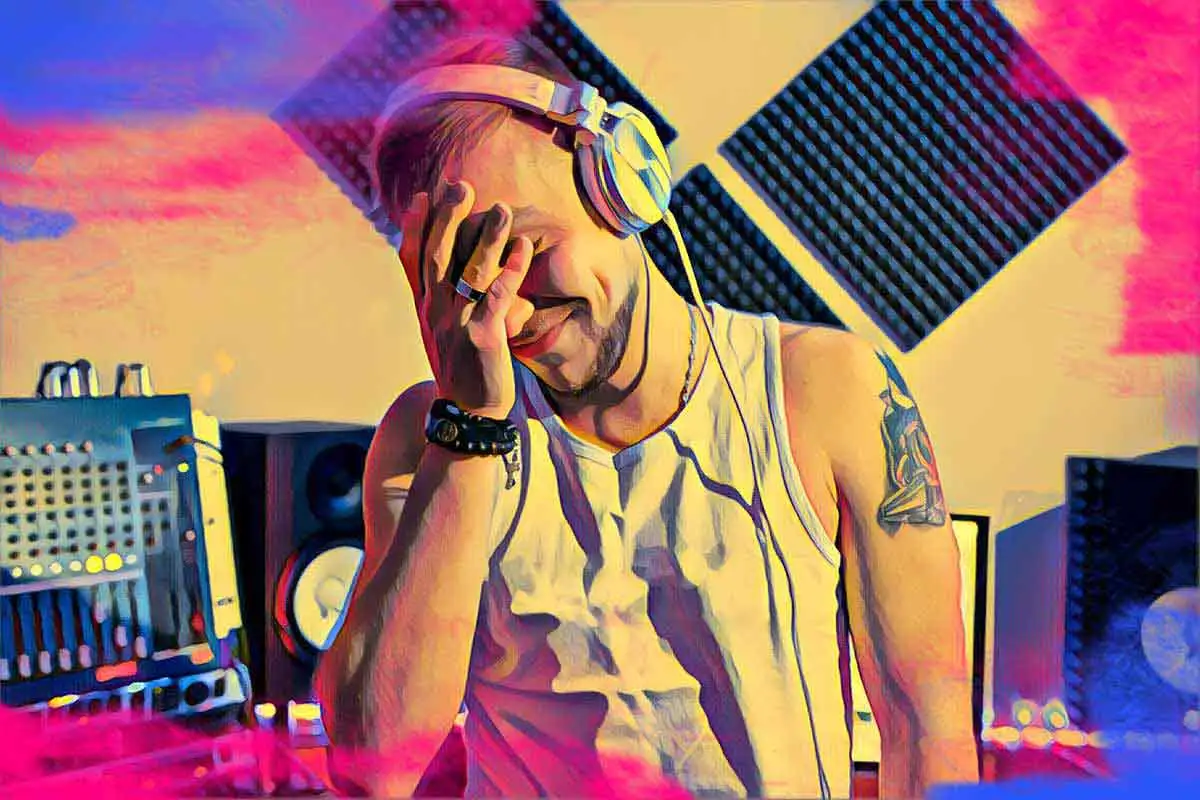Sometimes, it’s not about knowing what to do, but instead what you shouldn’t do. In today’s DIY music scene, there’s no shortage of unsolicited advice online. While a good chunk of it is helpful, entire threads are dedicated to terrible production advice that runs rampant on the internet.
To be successful within this competitive industry, you’ll need to take any sonic adage with a grain of salt. Here are a few of the worst pieces of advice I’ve heard tossed around in the music production community.
“There’s only one way to process sound.”
There are general guidelines to keep in mind while you’re processing sound. With that in mind, there’s no one right way to produce or mix a track. Excellent engineering revolves around evaluating each track in context with the entire project. If making something sound better requires you to break a recording parable, so be it!
Remember not to get bogged down by what is “correct” or “incorrect.” Instead, focus on what you can do to make the song shine.
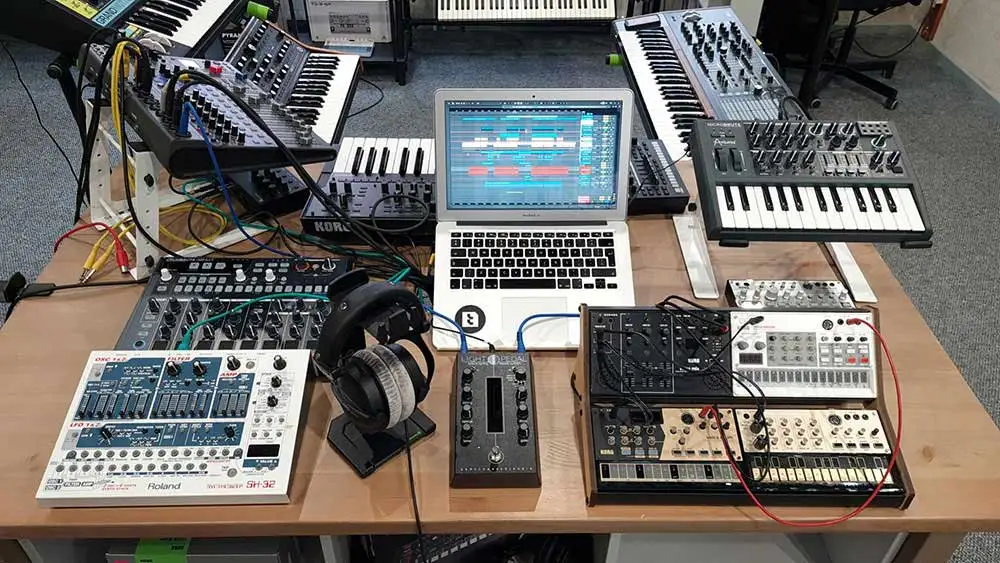
“Music speaks for itself.”
Don’t get me wrong, making quality music is essential to your success. With that in mind, it’s not the only important factor in becoming successful in the music industry. You’ll need to figure out how to market yourself to find fans who will connect with your music. This certainly isn’t the most fun task for all musicians, but in most cases, it’s necessary.
Theoretically, your song could go viral without needing excess marketing. However, it’s a much safer bet if you’re putting in the work by marketing your music consistently.
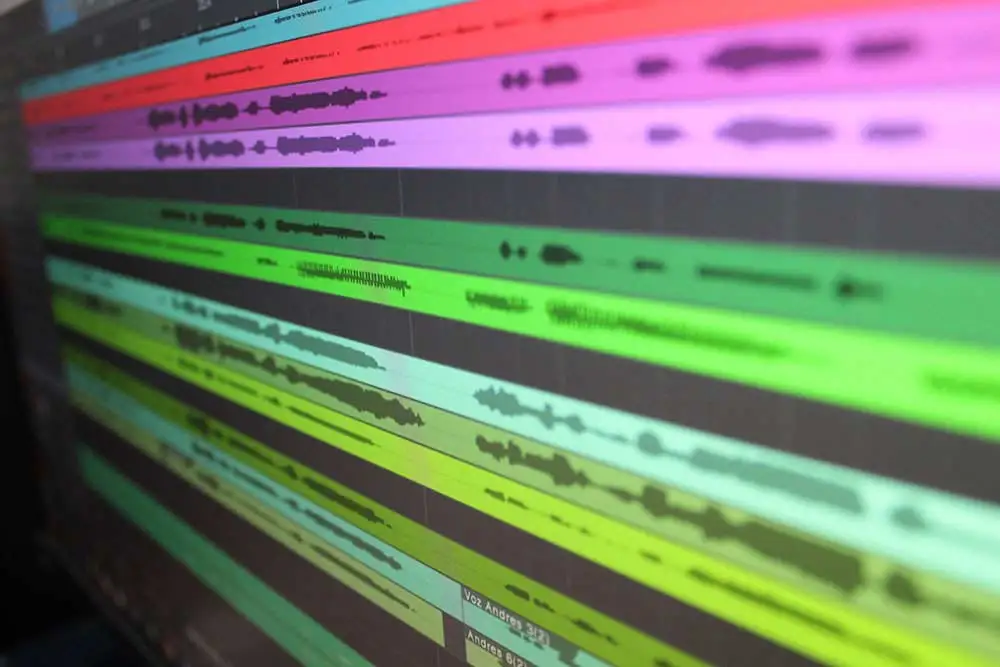
“This DAW is better than that one.”
This is a common thing beginners think, but the reality is that it’s the chef, not the ingredients, that makes all of the difference. All of the major DAWs can make hit music, it’s up to the user to know how well to operate them. Producers can be very protective over their DAWs , sometimes discounting all other options. While ProTools is generally the industry standard, you don’t have to use that DAW alone. All DAWs have their own set of features that may appeal towards one type of artist over another.
Find a DAW that works for you, and don’t look back. While you may need to learn other programs if you’re working as an engineer for clients, all DAWs should be able to produce good music. It isn’t the DAW itself that matters; it’s the engineer behind it that counts.
“Using samples or loops is cheating.”
We’ve written whole piece on this , but using a loop or sample isn’t cheating. It might be a quicker way to get the sound you’re looking for, but it still takes plenty of musicality to fit a loop or sample within the context of a track in a way that makes sense.
This philosophy has always been hogwash to me, primarily since producers use virtual instruments so often nowadays. If you’re not playing the virtual harp, guitar, or bass from scratch, why should it be different with a separate audio clip?
In any event, don’t let someone’s idea of the “right” or “honorable” way to make music stop you from creating. The proof is in the pudding, and if your song uses samples, so be it.
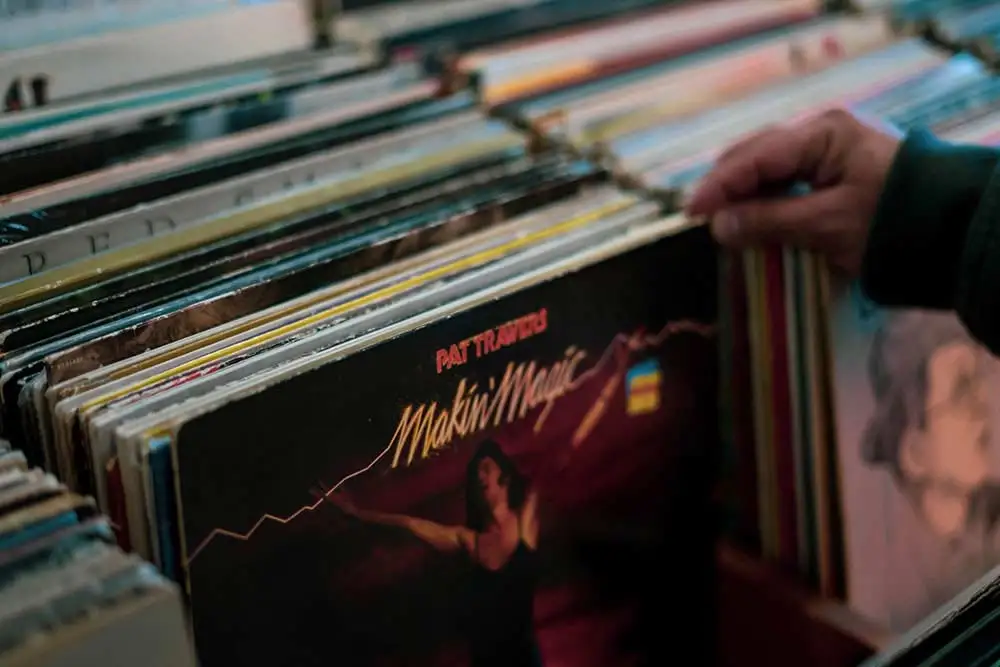
“You need these plugins to be a great producer.”
Plugins should be thought of as enhancements, not replacements to hard work and understanding. While there’s something to be said about plugins increasing the efficiency of an artist’s workflow, a skilled producer should be able to get a great sound using the stock DAW plugins and effects.
Once you have a DAW, the sky’s the limit for music production. A new piece of gear might make you sound marginally better, but it doesn’t hold a candle to consistently practicing and learning your craft.
“You can only make good music while you’re young.”
While there’s no denying that image plays a significant role in the experience of your art, it’s never too late to start making good music. As long as you have strong marketing and, most importantly, good music, anything is possible.
Also, remember that there are tons of avenues when it comes to music. If you’re not interested in becoming a headliner artist, maybe you’d enjoy becoming an instrumentalist or producer. Don’t let your age stop you from expressing yourself in whatever fashion that may be.
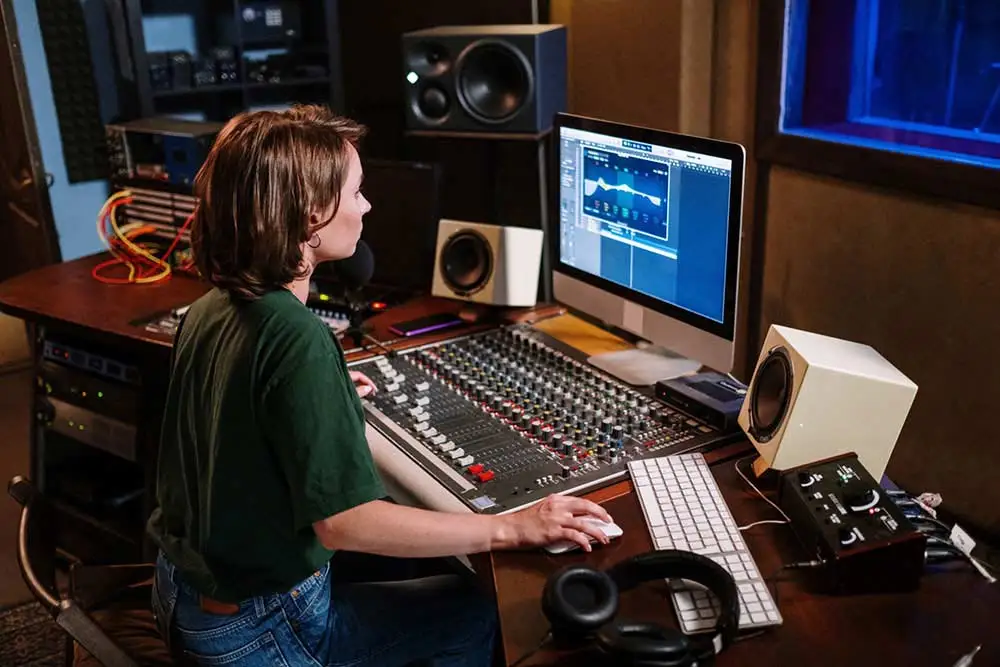
“You should quit your day job if you’re really committed.”
In my opinion, this is terrible advice. As an upcoming artist, you shouldn’t quit your day job until it’s clear that you can make enough off of your music in the present moment. I think many producers and musicians forget how much money goes into creating and promoting a project, so if you don’t have a steady stream of income, your wheels are likely to spin.
I don’t think it’s worth placing your bets on your songs going viral. While you should adjust your strategies to increase the likelihood of this happening, success will not come overnight. Don’t forget that even if you score a record deal, most come in the form of advances, meaning you have to earn and pay back the money you were initially given.
Keep your day job as long as possible to ensure you have the funding to fuel your art. Once you’re consistently making enough from music, then you can make the jump.
No piece of advice can substitute for trial and error in your DAW. Good or bad advice aside, working consistently at your craft will help you develop your ear and improve over time. Listen to your ears above all else, and you’ll be on the right track.


